Sustainability Careers

Sustainability is future-focussed. It is about envisaging the future and acting today in ways that are mindful of the conditions of tomorrow.
This module will explore how you might be able to incorporate sustainability practices into your future career. A lot of people think a job in sustainability involves working on a wind farm or working as a park ranger and while these are great options, they are not for everyone. In reality, you should be able to take any career path that interests you and contribute to sustainability from wherever you are. It’s about finding out what is important to you and working to make changes within your chosen field.
Some sustainability actions you might be familiar with are using a reusable cup, reducing waste, driving less, or eating less meat. Sustainability is broader than these actions through thinking about inequality, no poverty, and sustainable cities and community.
Thinking about the issues that are most important to you is an important part of sustainability and finding satisfaction in your career.
The future of work?
We are currently seeing changes to the nature of work. Part of this is through the ‘greening’ of the workforce. Having green skills means having the appropriate knowledge, values, and abilities that contribute towards shaping a more sustainable society.
Many existing careers will require new skills into the future. The United Nations has identified areas for growth including engineering and technical skills, science skills, operation management skills and monitoring skills.
In addition to these skills a range of ‘soft’ skills are also critical when thinking about the future of work. These include design thinking, creativity, adaptability, resilience, as well as empathy.
LinkedIn has also published a report on Global Green Skills and the future of work. Check out the interactive report and emerging career trends.
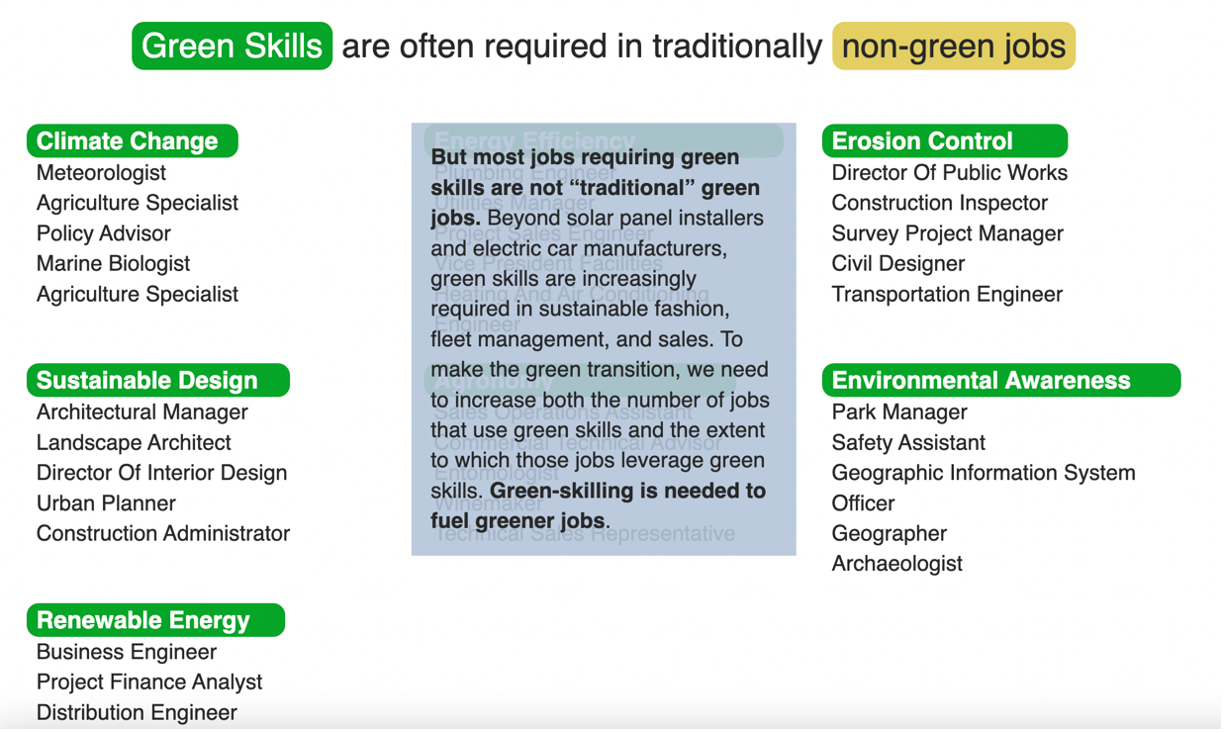

Green New Careers Quiz
The Sunrise Movement is a youth climate movement based in the US. They have created a quiz that that lets you explore which careers might be a good fit for your personality type – try it here: https://greennewcareers.org/quiz/

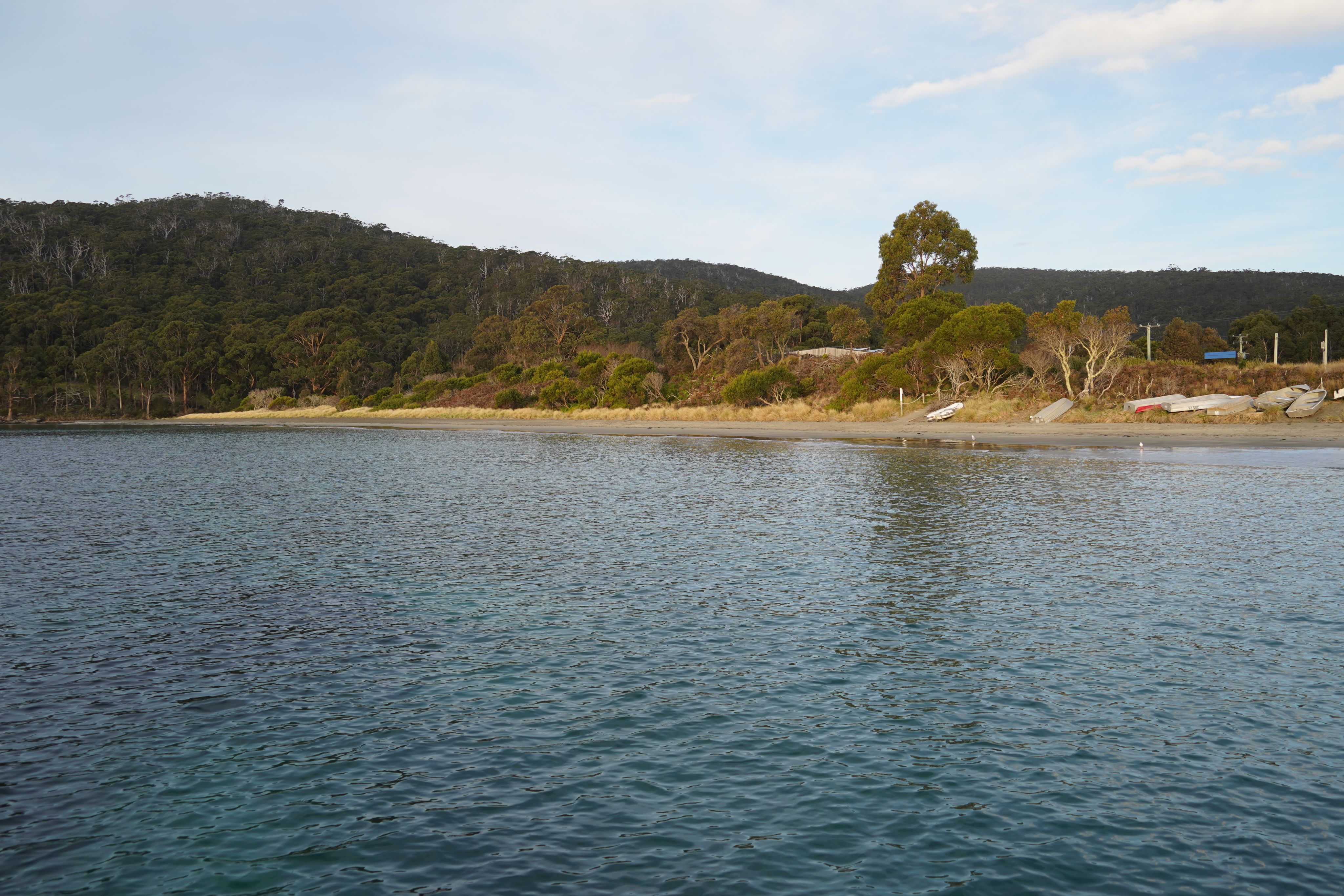
What issues are most important to you?
Values are an important part of thinking about sustainability. This module might be helpful to start thinking about your motivations, strengths, as well as identifying areas for development when thinking about your career goals.
The Sustainable Development Goals (SDGS) are also a good starting point for thinking about sustainability. Gender equality (GOAL 15), good health and well-being (GOAL 3), quality education (GOAL 4), and climate action (GOAL 13) are some of the goals that might be of concern to you.
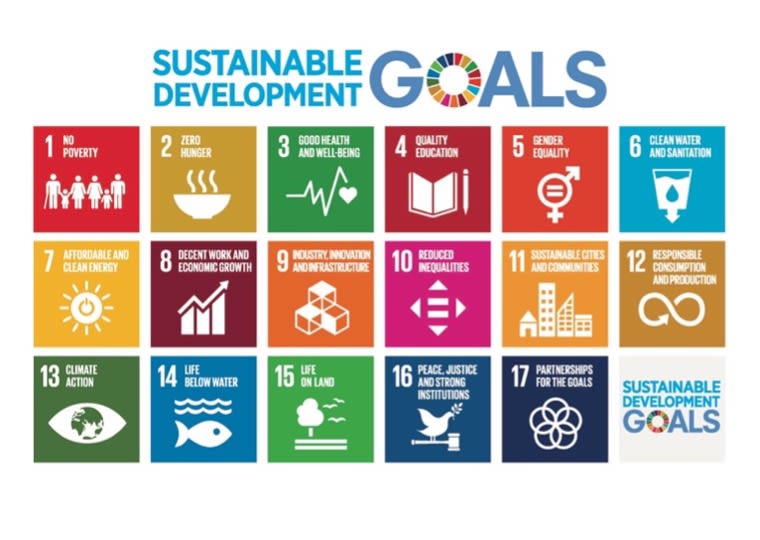
These goals can be useful in thinking about your future career goals, as well as your job satisfaction and motivation. It’s also worth noting that GOAL 17 is partnerships between the goals. To make effective change, we need to be resilient, and strive towards meaningful collaboration.

Sustainability in unexpected careers?
We interviewed three staff members at UTAS to find out how they practice sustainability in their roles at the university. In this video we hear from Melanie Perry who is a Safety Management Specialist, Caine Chennatt who works as the Associate Director of Cultural Collections, and Maddie Andersen-Ward whose role is as an Aboriginal Student Advisor at the Riawunna centre.
Key career tips:
· It doesn't have to be all or nothing! Do the best for yourself and encourage your colleagues to make more sustainable choices when you can.
· Aiming for perfection is ironically, unsustainable! Be open to change.
· It can be difficult moving from study into a workplace. Ask questions, observe your new workplace and take it one day at a time.
· People might have different views from you and your peers, there might be uncomfortable conversations – how might you deal with that and how can you make a difference in this scenario?
· An organisation or job might not 100% align with all your values, that’s ok. There is still value in sharing your perspective and experiences.

Approaching sustainability holistically
In the careers video Maddie Andersen-Ward raises an interesting point about the nature of finding work. What might you do if your job does not completely align with your values on sustainability?
It is important to have an awareness of your personal and career goals when assessing your own situation. There are ways to think about your own sense of personal responsibility and it can be possible to shift change from the inside of an organisation. Can you bring your own unique perspective to the workplace, making it more sustainable through your input?
Another consideration might be the possibility of ‘offsetting’ your work. Are there other ways to make a difference in the areas you care about outside of work? Do you practice sustainability in other ways? Do you volunteer for a cause you believe in, or do you look for more sustainable transport options such as taking the bus when you can, carpooling or riding your bike?
While it’s great to have high standards, it’s also important to be realistic. Know that you have something to contribute and that your thoughts and actions contribute to a more sustainable future.
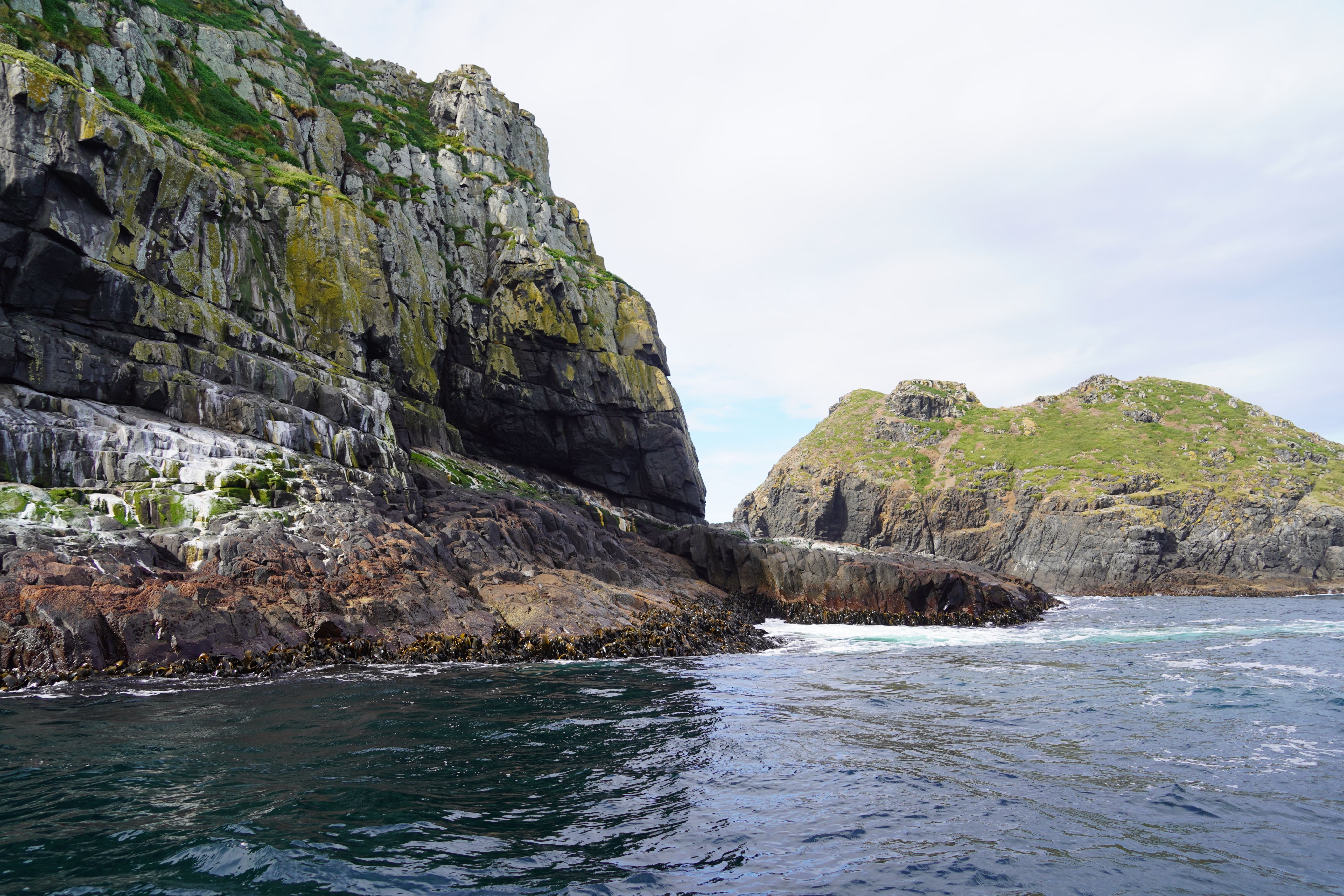
Career greenwashing?
It is apparent that companies and consumers are increasingly working to make more sustainable choices. As you begin your career search though – be aware of greenwashing!
Greenwashing is when a company uses marketing techniques to make themselves appear more sustainable. Often this is through making little to no changes that minimise their environmental impact. This is not only misleading, but these practices mean that resources are taken away from working towards real change in areas such as climate change, pollution, and species extinctions.
Looking for advertisements listed as ‘green jobs’ or using sites such as Ethical Jobs can be helpful in identifying what jobs might be available, but it is important to do your research!
When researching a company, look out for overly complicated jargon, as well as using terms that are ‘fluffy’ without providing clear evidence such as ‘eco-friendly’ or ‘produced sustainably’. A lack of transparency is also something to look out for as well as a company emphasising one ‘green’ aspect of their practices.

There are ways to incorporate your passion for sustainability into a range of future roles, some of which might not even exist yet. Here is a report by the National Skills Commission that suggests that 'soft' social and emotional skills are incredibly valuable and employable, especially in light of future A.I. and automation concerns.
Working on your green skills can help enhance your future employability but can also be a contributor in your overall career satisfaction. Collaboration and working together is an important part of working towards shared goals.
Best of luck on your ongoing career journey!
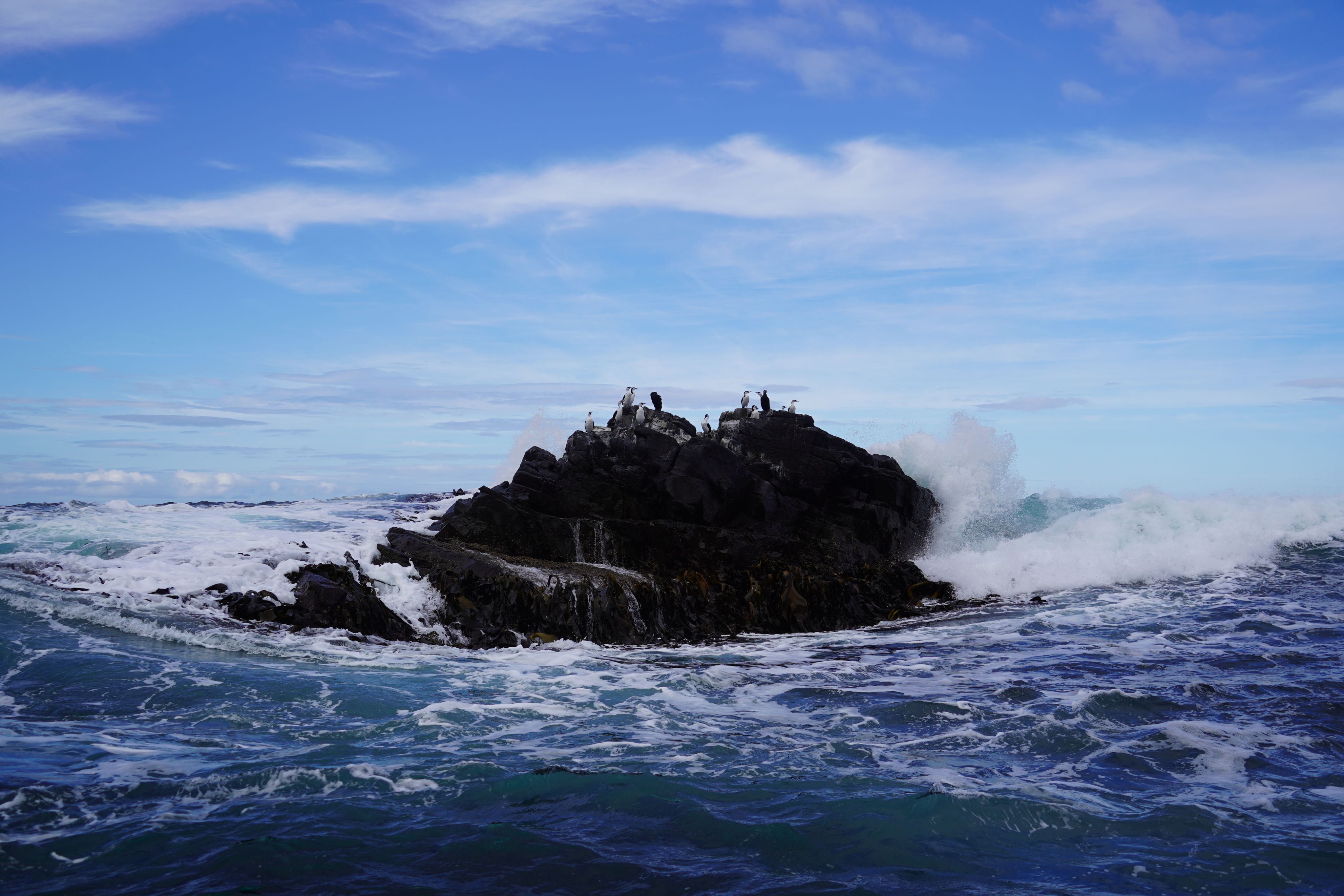
Learning Outcomes:
1. Students understand the different ways an interest in sustainability can be incorporated into their careers.
2. Students know what actions they can take to ensure that a job/workplace is in line with their values.
3. Students understand the importance of soft skills in green careers or careers of the future.
Something not quite right? Let us know: Career.Connect@utas.edu.au
Images contained within this module are the property of the UTAS Careers Team and the creative director Sybylla Anderson.
This module has been created in collaboration with Sustainability Integration Program for Students and the Student Extension & Employability Careers & Jobs Team exclusively for UTAS students. Special thanks to Jade Irvine, SIPS intern 2022.
